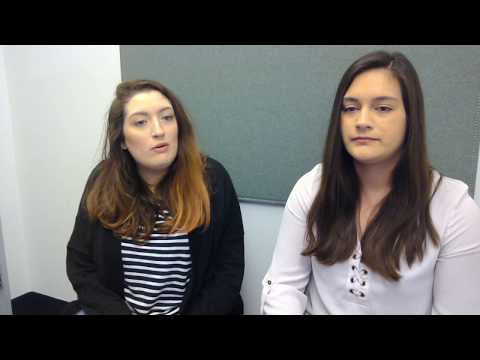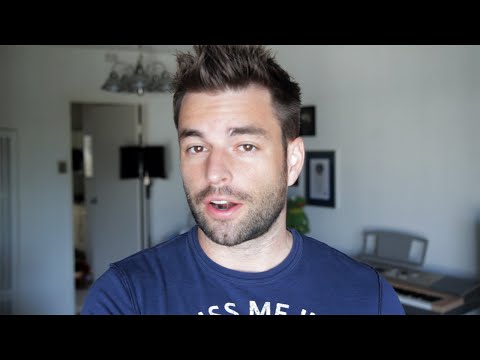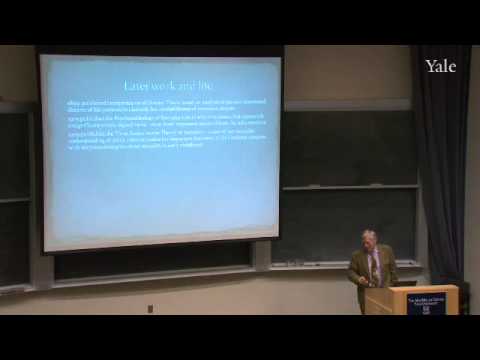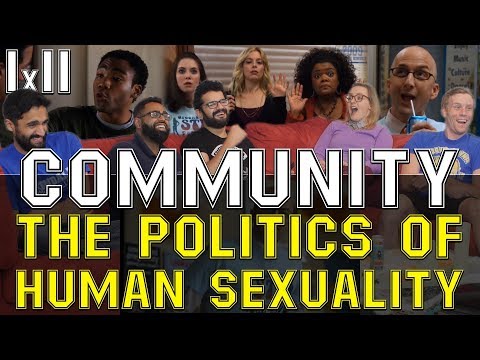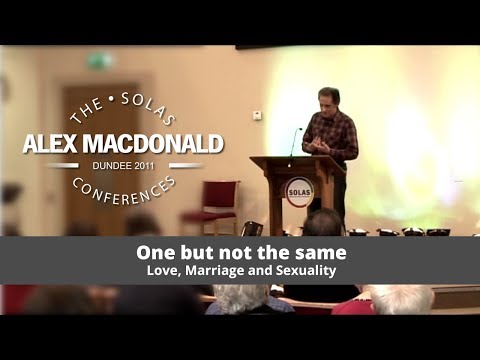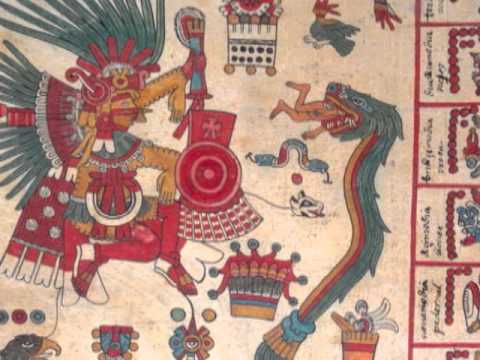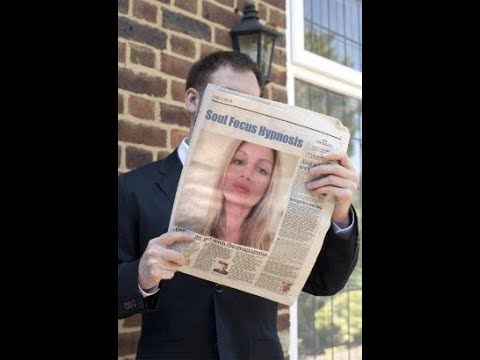Psychoanalysis breaks with biologists who view the outcome of sexual development as being determined by nature, and stresses instead the contingency and instability of achieving “mature” sexuality through internalized discipline and control. Yet in arguing that sexuality has a history, Freud relied on a developmental story to explain what unified the diverse forms of sexuality: he subsumed oral, anal and genital urges—an infinite array of polymorphous perversity—under a single, a-historical concept. Many psychoanalysts since Freud have rejected the developmental story as a timeless fact of human development, while its critical insights remain buried under obfuscations and distortions. Can we return the historical moment to the theory of sexuality, to recapture its revolutionary potential? What would a historical reading of Freud’s Three Essays look like, identifying Freud’s place in history as well as our own? This discussion-based seminar explores this question from the perspectives of contemporary social science research and critical theory.
Pablo Ben and Robert Galatzer-Levy, Ben Landau-Beispiel (moderator)
Educational objectives: At the conclusion of the program, participants will be able to: 1) Apply perspectives from contemporary social science research and critical theory to the concept of sexuality; and 2) Discuss the social and historical context of Freud’s theory of sexuality and identify some misconceptions about it.
0 views
Date: December 14, 2017
Related videos
